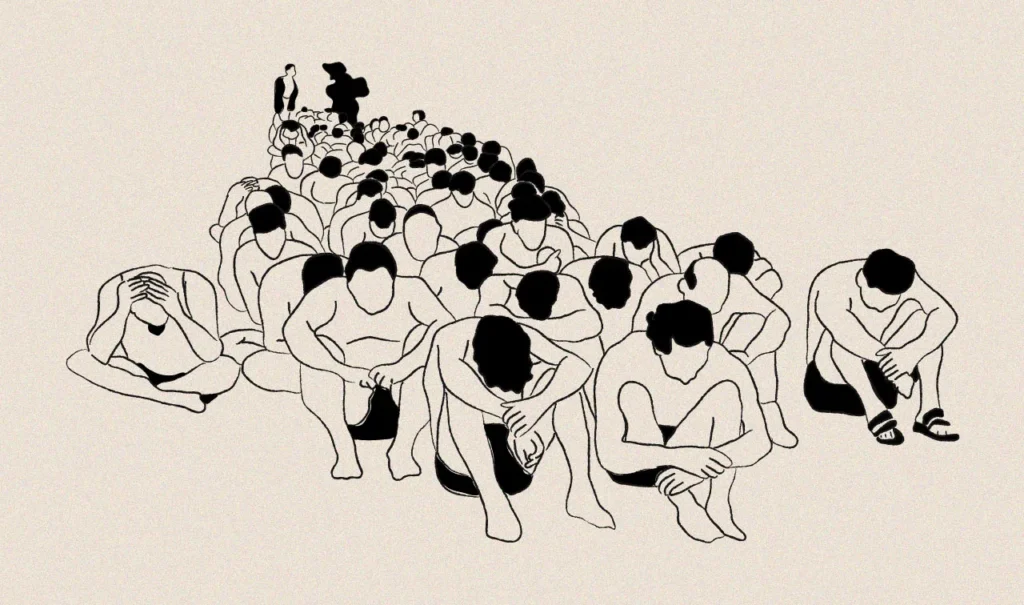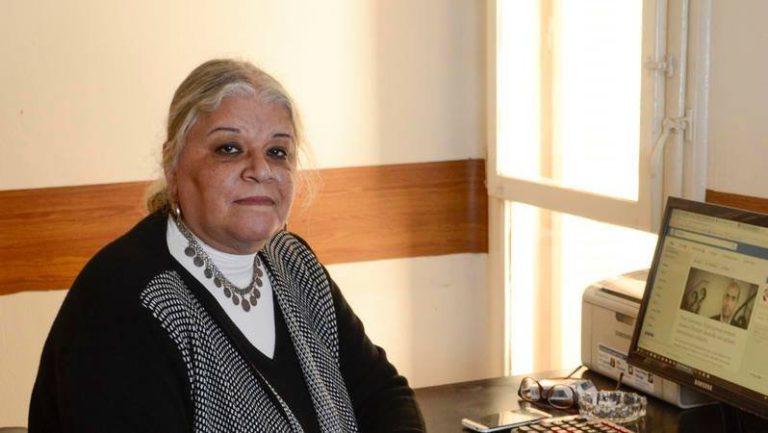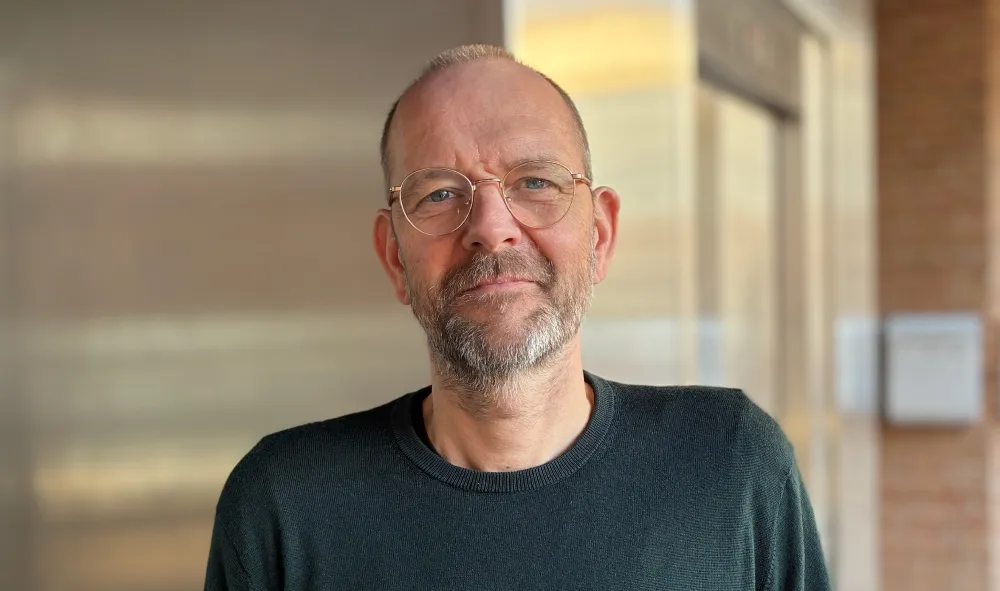Various international media outlets and human rights groups have reported on allegations regarding torture and ill-treatment against Palestinians from Gaza. What do we know about these allegations?
Since 7 October 2023, Israeli forces have arbitrarily arrested and detained thousands of Palestinians, according to the International Committee of the Red Cross. The exact number is still unknown as detainees are denied access to lawyers. These arrests have indiscriminately targeted civilian children, women, and men, including medical personnel, human rights defenders, and journalists.
After their arrest, Palestinians are being held in various Israeli military camps and prisons. Several individuals, who were released without charges, testified about the various forms of ill-treatment including acts that could amount to torture. These reported violations committed by the Israeli forces include, among others, being held incommunicado, stripped naked, blindfolded and handcuffed most of the time. Victims have described instances of being repeatedly beaten, electrocuted, burnt with cigarette butts, urinated on, humiliated, or threatened with death. These various forms of ill-treatment are known to have both physical and psychological consequences, as outlined in DIGNITY’s Factsheets on the health consequences of torture.
Palestinians detained in military camps are often kept in iron cages in cold weather. They also report having no access to showers, limited or no access to food and water. Injured detainees were also denied access to medical treatment. According to DIGNITY’s health experts, denial of these basic needs may cause unnecessary suffering, may worsen their health situation, and increase their risk of communicable diseases. Deprivation of food and drinking water has direct medical and psychological consequences.
As the number of Palestinians detained in Israel continues to rise, overcrowding has also become a concern. Overcrowding is associated with a range of health consequences, especially increased risk of communicable diseases and exposure to violence.
All together, these conditions may lead to chronic physical sequelae as well as mental health consequences such as anxiety, depression and Post Traumatic Stress Disorder (PTSD).
Walid Anwar Yousif al-Khalili, a paramedic with the Palestine Medical Relief Society (PMRS) who was arrested while on duty, and Diaa Khalil Ahmed al-Kahlout, a journalist, both testified about the ill-treatment they endured during their 41-day and 33-day detention in November and December 2023, respectively. According to their testimony, they experienced humiliation and repeated beatings. Both described being subjected to Shabeh, a torture method involving being tied in a painful position for an extended period. Walid Anwar Yousif al-Khalili had his hands and legs shackled to a chair until he ‘wished to die wanting relief from pain and agony”. Diaa Khalil Ahmed al-Kahlout had his feet and hands tied and was hung on the ceiling for six hours.
Several Palestinians have also been reported to have died while in Israeli detention; the exact number has not been disclosed by the authorities.
Ajith Sunghay, Head of the OHCHR Office in the Occupied Palestinian Territory, summarized the situation after his trip to Gaza:
»During my time here, I have managed to meet a number of released detainees. These are men who were detained by Israeli Security Forces in unknown locations for between 30 to 55 days. They described being beaten, humiliated, subjected to ill-treatment, and to what may amount to torture(…)«.
Could you please tell us about the circumstances of their arrest?
Reports show that the Israeli military is conducting mass arrests, targeting individuals in their homes, places of refuge, so called ‘humanitarian corridors’, or on the streets while they are fleeing Israeli bombardments and attacks. Several civilians, posing no risks, were reported to have been murdered, even when carrying white flags.
Images and videos released by the Israeli army depict individuals being stripped naked, blindfolded, forced to sit or kneel, enduring the cold on the streets for an extended period before being transported to undisclosed locations.
Ayman Lubbad, a researcher working with the Palestinian Center for Human Rights, was one of the Palestinians who was arrested and detained. He describes an incident where the army instructed all males, including children, to evacuate their homes and surrender, leading to their subsequent arrest.
Where are Palestinians from Gaza being detained ?
They are held in various locations, both inside and outside Gaza, including several Israeli detention centers such as Ketziot Prison in the Negev desert. The majority are detained in various military bases including the Sde Teiman military base near Be’er Sheva and Camp Anatot, where many of the alleged violations against detainees take place.
In December 2023, amendments to Israeli legislation regarding unlawful combatants significantly extended the period during which Palestinians arrested in Gaza may be detained. Palestinians can now be detained for up to 45 days without an official arrest warrant. The timeframe for obtaining a judicial review has been extended to 75 days, and access to legal representation can be denied for up to 6 months.
Consequently, many arrested Palestinians have been subjected to enforced disappearances, leaving their families and legal representation without any information about their whereabouts and fate. The International Committee of the Red Cross has also been denied access to Palestinian detainees since 7 October. As a result, the fate of thousands of Palestinians arrested by the Israelis still remains unknown.
It is important to note that the policy of mass arrest, torture and ill-treatment have not been limited to Gaza in the last few months. Such practices have been used by Israel for decades across the Occupied Palestinian Territories. Several Palestinian, Israeli and international organizations have documented such methods.
Before October 2023, 5200 Palestinians were already detained in Israeli prisons, including 170 children and 200 Palestinians from Gaza.
Does the mistreatment of Palestinian detainees from Gaza amount to crimes under international law?
The reports detailing acts committed by the Israeli forces, including mass arbitrary arrests and detentions, as well as multiple instances of ill-treatment and torture from the moment of arrest until release, deportation to Israel along with cases of enforced disappearance and death indicate, if verified, that several crimes under international law may have been committed.
Of particular concern to DIGNITY are the multiple incidents of ill-treatment of Palestinians. Such acts may constitute torture as a war crime if they took place in the context of the armed conflict. Additionally, they could be considered a crime against humanity if part of a widespread or systematic attack directed against the Palestinian population. Finally, these acts might also amount to causing serious bodily or mental harm as an act of genocide if committed with the intent to destroy, in whole or in part, the Palestinian group.
Under international humanitarian, human rights and criminal law, Israel and Israeli forces have the obligation to prevent the commission of acts of torture, refrain from committing torture, and investigate, prosecute, and punish perpetrators of such acts.
Can justice be sought for those Palestinian victims?
Options for Palestinians seeking redress and justice are almost nonexistent, de facto allowing Israel to arbitrarily arrest, detain and torture Palestinians with impunity. Thousands of incidents of torture and ill-treatment have already been reported to Israeli authorities and have not been effectively investigated to date. Third States have also failed to open investigations on the basis of extraterritorial jurisdiction, even where their own citizens were victims.
Consequently, international courts stand as the sole recourse for Palestinians.
In 2021, the International Criminal Court initiated an investigation into alleged crimes committed against and by Palestinians since 2014. However, no arrest warrants have been issued to date. On 29 December 2023, South Africa initiated proceedings against Israel at the International Court of Justice, alleging violations of the Genocide Convention related to events since October 2023. The ICJ, having identified plausible risks of genocide on 26 January 2024, ordered six provisional measures to be taken by Israel, but it may take years before the Court issues its final judgment.
DIGNITY is deeply concerned about the treatment of Palestinians from Gaza who have been arrested and detained by Israeli forces. We are currently collaborating with our partner, the Palestinian Center for Human Rights, one of the few human rights organizations still operational in Gaza, to document the alleged crimes committed against Palestinians since October 2023, focusing on incidents of torture and ill-treatment. We focus on developing their capacity through the collective expertise of our team, comprising international criminal justice lawyers, medical doctors, and psychologists. Our approach involves various interventions, including providing technical assistance, organizing training and practical workshops, as well as ensuring our partners adopt victim-centered and trauma-informed approaches to documentation.





